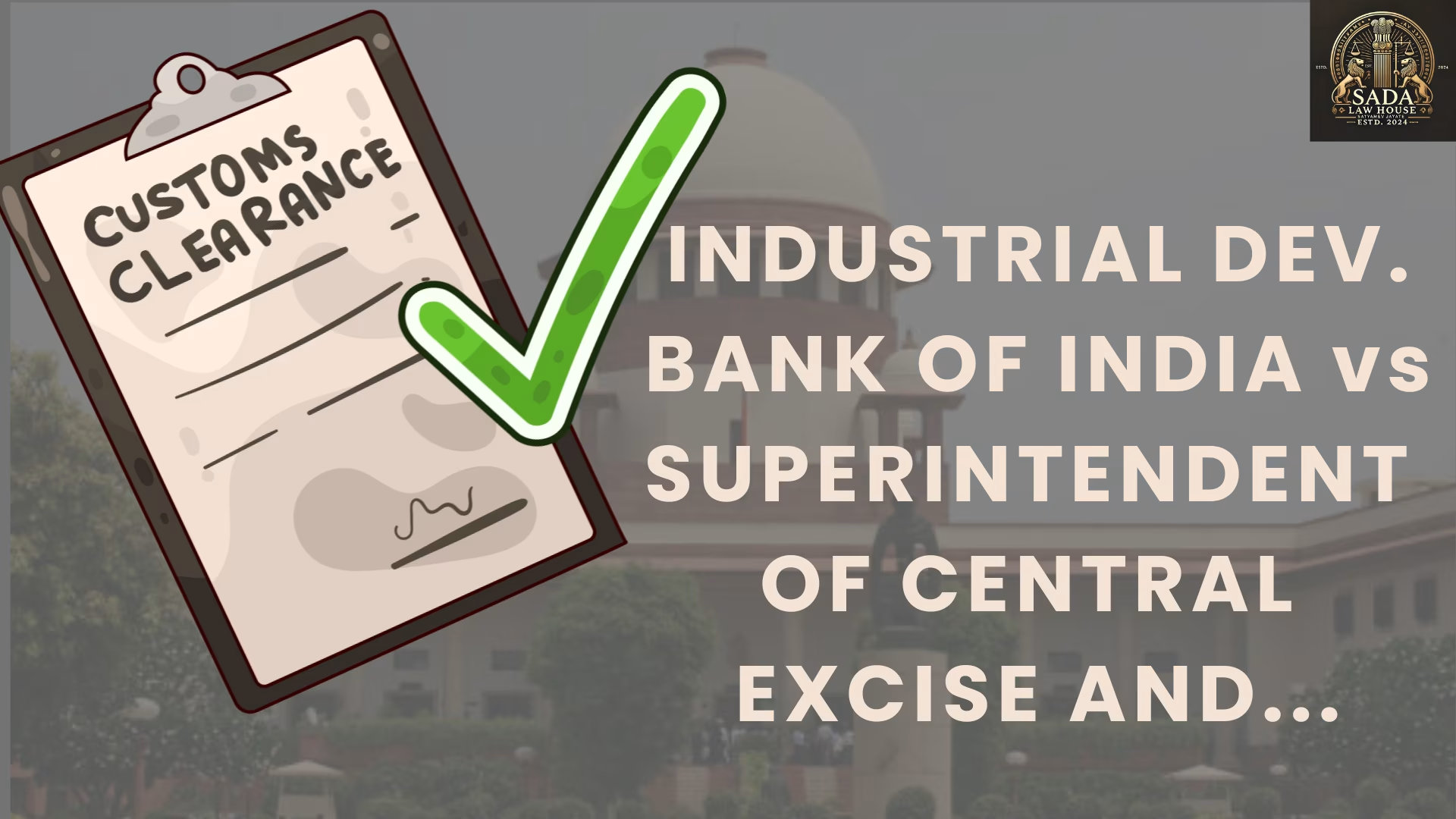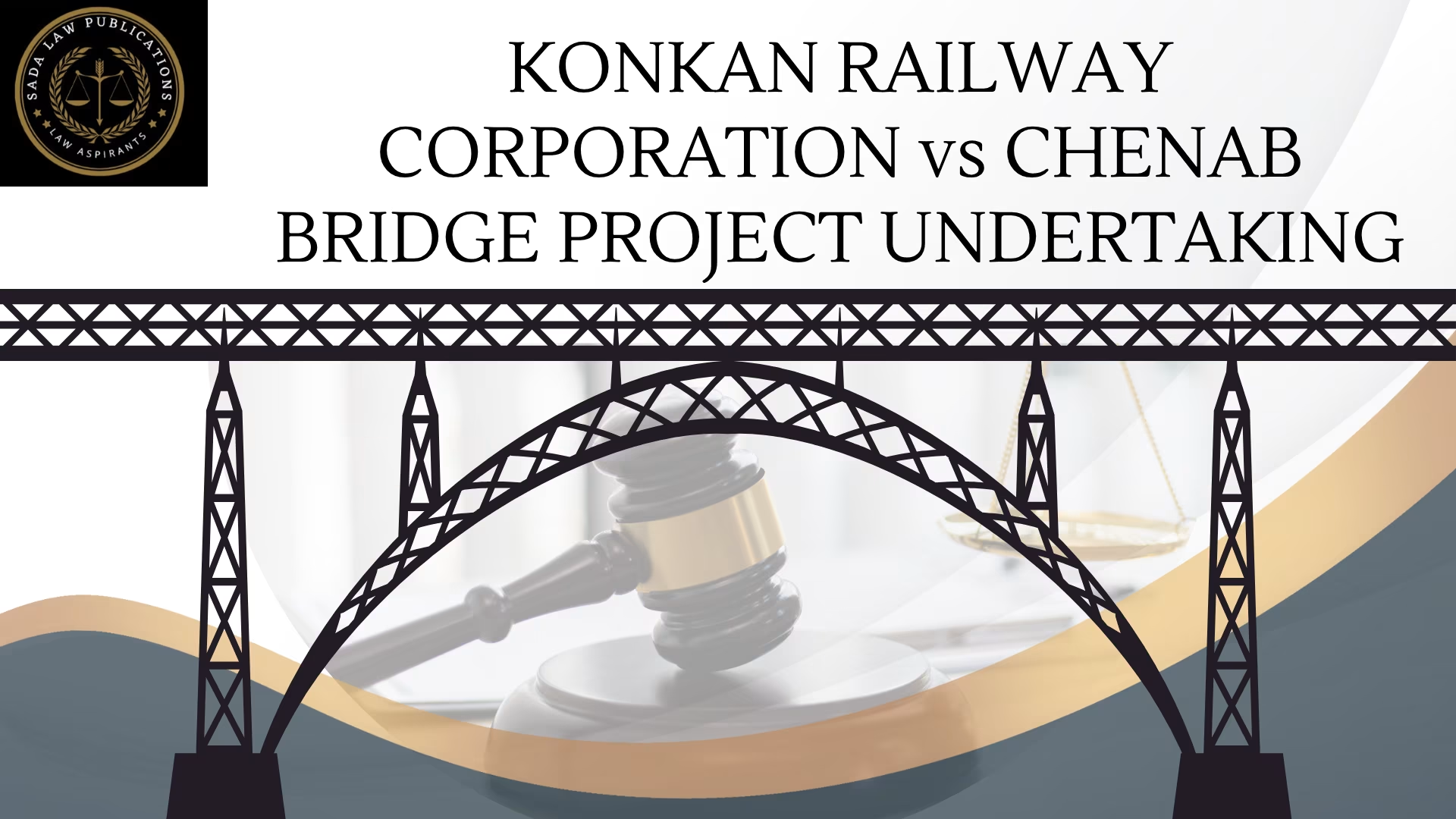Supreme Court Clarifies Res Judicata Principle Applies to Various Phases of Identical Proceedings
- Prabhat Kumar Biltoria
- 16 June 2025

Supreme Court rules that the res judicata principle applies to various phases of identical proceedings, reinforcing finality in civil litigation and barring repeated objections to impleadment under CPC Order I Rule 10.
Understanding the Res Judicata Principle in Indian Civil Law
The Supreme Court of India recently clarified that the res judicata principle is applicable not only across different proceedings but also at various phases within the same legal proceeding. This landmark judgment reinforces the finality of judicial decisions and prevents repeated litigation on the same issues.
Key Supreme Court Judgment on Res Judicata and Impleadment
Background of the Case
In a significant ruling, a bench comprising Justices JB Pardiwala and R Mahadevan upheld the Kerala High Court’s decision that dismissed an application under Order I Rule 10 of the Civil Procedure Code (CPC). The application sought to object to the impleadment of a legal heir at a late stage, despite the opportunity to raise such objections earlier.
Court’s Reasoning
The Court emphasized that once the trial court issued an order to implead a legal heir after a proper inquiry under Order XII Rule 4 CPC, any subsequent objections were barred by the doctrine of constructive res judicata, as per Explanation IV, Section 11 CPC. This principle prohibits re-litigation of matters that have already been decided or could have been decided.
The bench cited the precedent set in Bhanu Kumar Jain v. Archana Kumar (2005) 1 SCC 787, noting:
“The principles of res judicata apply not only to two different proceedings but also to different stages of the same proceeding.”
Finality of Impleadment Decision
Since the appellant did not object or file a revision against the impleadment order earlier, the Court ruled that the matter had reached finality. Consequently, the later attempt to remove the appellant from the list of parties was rightly dismissed as barred by res judicata.
What This Means for Civil Litigation in India
Res Judicata Applies Within the Same Proceeding: This ruling confirms that objections or disputes cannot be raised repeatedly at different stages of the same case.
Importance of Timely Objections: Parties must raise objections during the proper phase; failure to do so will bar them from raising the same issues later.
Finality of Orders on Impleadment: Once a legal heir is impleaded following due inquiry, that decision is binding and cannot be contested repeatedly.
Conclusion
The Supreme Court’s decision strengthens the doctrine of res judicata, ensuring judicial efficiency by avoiding unnecessary delays and repetitive litigation. Litigants and legal practitioners should take note that timely objections and challenges are crucial to protect their rights during civil proceedings.
Case Laws






